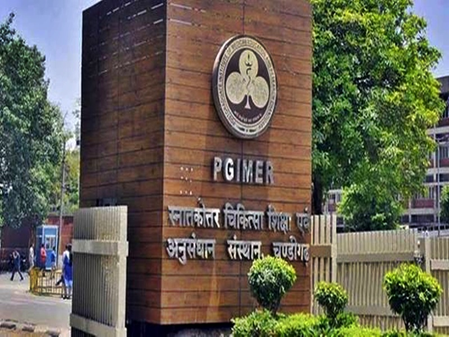

Chandigarh, Oct 30 (IANS) A scientific team at the Postgraduate Institute of Medical Education and Research (PGIMER) in Chandigarh, on Thursday, has reported a significant rise in infections caused by a lesser-known bacterium that mimics whooping cough (pertussis) in northern India.
The discovery follows the team’s earlier identification of Stenotrophomonas sepilia, a new bacterium responsible for sepsis, highlighting PGIMER’s leadership in emerging infectious-disease research.
Pertussis, commonly known as whooping cough, is a highly contagious respiratory illness that has historically been a major cause of childhood mortality, with fatality rates reaching 10 per cent in the early 20th century.
In Asia, pertussis continues to pose a significant public health burden, particularly in India and China, primarily affecting young infants and children.
After a brief decline during the Covid-19 pandemic, cases have sharply rebounded: India recently reported nearly 13.6 million cases.
The present study from PGIMER, published in the Emerging Infectious Diseases journal (US Centers for Disease Control and Prevention), has analysed 935 suspected pertussis cases between 2019 and 2023.
Researchers discovered that nearly 37 per cent of infections were caused by Bordetella holmesii — surpassing the number of conventional infections from Bordetella pertussis.
The most significant increase was recorded in 2023, predominantly among children aged between 5-10 years in northern India.
As per the data obtained under the ongoing surveillance programme at PGIMER since 2015, the prevalence of B. pertussis has declined from 15-20 per cent to just 2-5 per cent, while infections from B. holmesii have risen markedly.
This shift signals an evolving pattern in the etiology of pertussis-like respiratory illness in the region.
This long-term research initiative was spearheaded by Vikas Gautam’s laboratory at PGIMER, in collaboration with Prabhu Patil of CSIR-IMTECH in Chandigarh.
These findings reinforce PGIMER’s pivotal role in identifying emerging pathogens and strengthening infectious-disease surveillance in India.
–IANS
vg/khz
